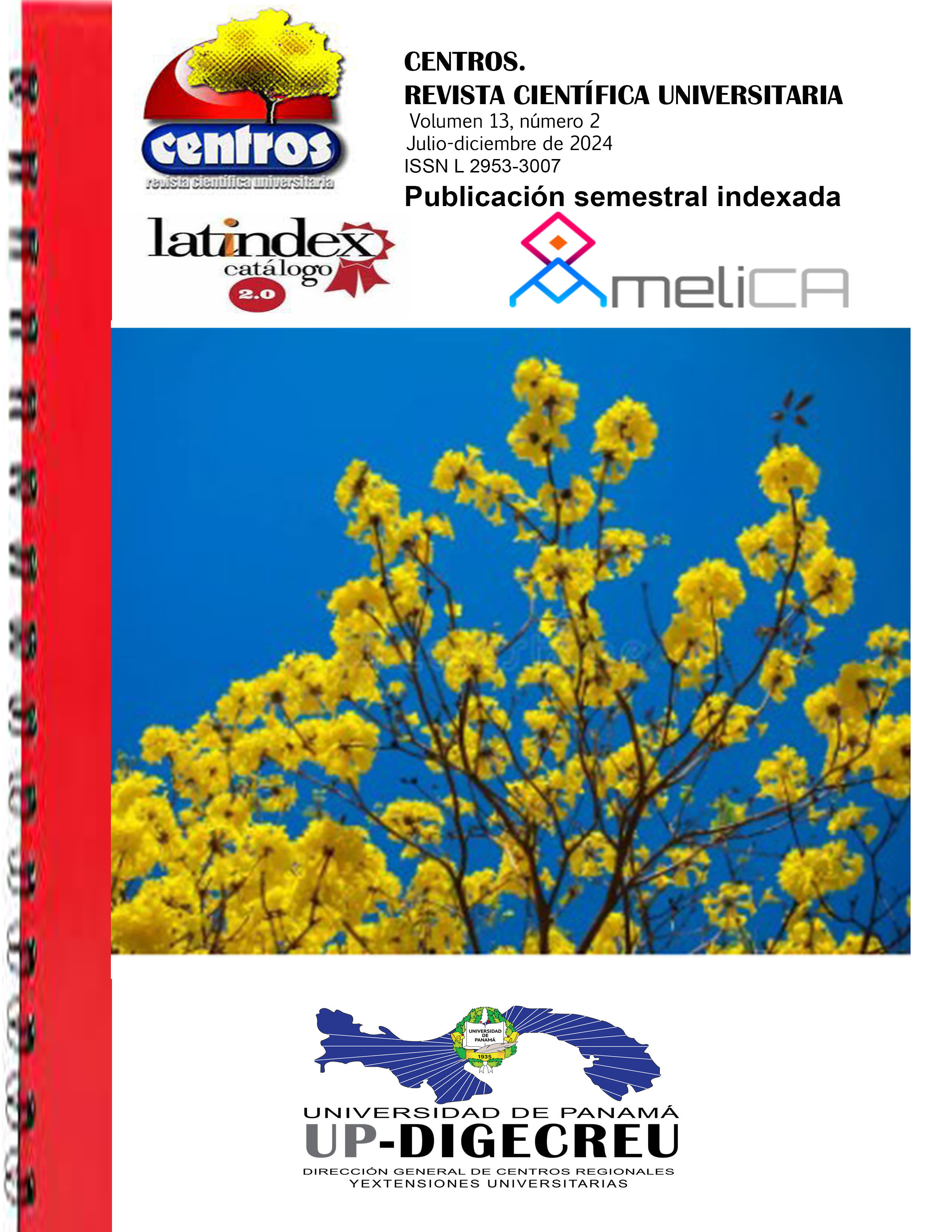

Copyright (c) 2024 Centros: Revista Científica Universitaria

This work is licensed under a Creative Commons Attribution-NonCommercial-ShareAlike 4.0 International License.
In this study, the implementation and pedagogical use of new information and communication technologies (ICT) were investigated. Data were collected on the pre-professional practices of the interns of the Teodoro Alvarado Garaicoa Educational Unit, as well as the treatment that the teachers and interns had during their experience in these practices. The methodologies implemented by the interns, the methods, strategies, techniques and class planning during pre-professional practices were analyzed, and the different approaches and strategies to integrate ICT effectively in pre-professional practices, taking into account the educational objectives and the needs of the students. In addition, the benefits and challenges associated with the implementation of ICT were explored, as well as the digital competencies that future teachers must develop to make the most of these tools in their professional practice. The importance of adequate training for teachers in the use of ICT and the need to have technological resources and a solid infrastructure in educational institutions is also highlighted. Concrete examples of how ICT can be used in different areas of the curriculum are presented and the positive impacts they can have on student learning are highlighted. It is important to mention that ICT can be used in various ways in the educational field, as tools for research, communication, content creation and collaboration between students. These tools allow you to transmit and access modern information.